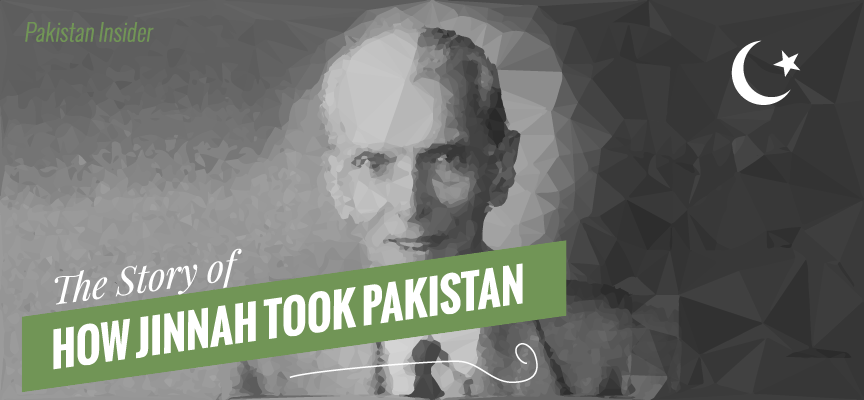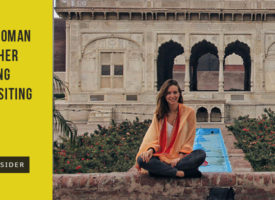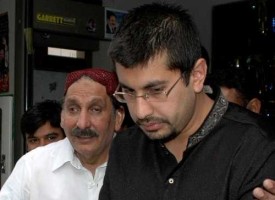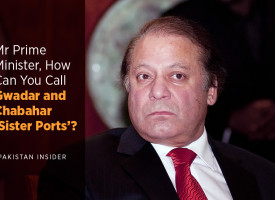Muslims under the British Raj in India were a scattered and powerless bunch, divided on ethnic background and language. There were also divisions between the Sunni and Shia sects of Islam. To top all of this, the introduction of elected councils and assemblies, created a political division between the Muslims of the Muslim majority areas and those who inhabited areas such as the United Provinces (UP), where they were outnumbered by the Hindus.
In such a precarious situation, one man arose to unite the Muslims of India for a common cause, to create a separate homeland for the Muslims.
Below I have tried to present a summary of this great leader’s journey to give us our homeland.
Jinnah’s Journey
Jinnah was sent to London to study law at the tender age of sixteen. He returned to India in 1896 as barrister. His first foray into politics was in 1906 at the Calcutta session of the Indian National Congress. At this session, he was the private secretary of Dada Bhai Naoroji, a prominent Congress leader.
In a short span of seven years, by 1913, Jinnah had become the leading Muslim figure in the Congress and most people thought that he would end up leading the Congress in the future.
It was this very year when Jinnah agreed to lead the Muslim League to try and bring its views in line with the Congress. He was successful in getting the Lucknow Pact of 1916 signed; this pact granted the Muslims many of the safeguards that they were demanding. This convergence was however, short lived. Gandhi launched his first Civil Disobedience Campaigns after the First World War, however, Jinnah rejected abandoning the traditional politics and as a result resigned from the Congress.
Jinnah faced another setback due to the British constitutional reforms of 1919. They introduced a diarchy system which gave more opportunities for politicians that had strong local support. For people like Jinnah, who had no land or tribal powerbase, it almost meant the end of his political career.
Jinnah tried for a few more years and finally in 1931, he returned to London to settle there. However, in 1933 he was visited by Liaqat Ali Khan, who emphasized that the Muslims of India sorely needed Jinnah’s leadership.
By October of 1934, it was clear that Jinnah was the man wanted by the Muslims to lead them. The Muslims of Bombay showed their will by electing him as their representative for the Central Legislative Assembly, in his absence. In addition to this, in 1935 the Government of India Act gave Jinnah hope that he could get back his former influence. He finally returned to India in October 1935. But his first battle for the Muslim cause was lost as the Muslim league could manage to win only 109 out of the 482 Muslim seats in the 1937 elections.
With the taste of this unexpected defeat in his mouth, Jinnah embarked on reorganizing the party and by 1939 the influence of the Muslim League had increased considerably. So much so that at the start of the Second World War, Jinnah was invited to see the Viceroy, on an equal footing with Gandhi and implicitly accepted that the Muslim league was the representative of all the Muslims of India.
In 1942, the Cripps Mission came to negotiate self-government for India for its support in the war and went as far as to concede Jinnah’s demand for a partition of India. The Muslim league went into the 1946 elections in the Punjab with a much stronger position with support from landlords and rural religious leaders. The Muslim League enjoyed a landslide victory, which was replicated all over India.
Jinnah was now more focused than ever to get acceptance for Pakistan in principle. Jinnah stepped up his efforts to convince the Congress and the British government that he was the authority on this issue and the sole spokesman for the Muslims.
Although Jinnah was ready to accept less than a sovereign state if the interests of the Muslims were safeguarded, mistakes made by the Congress inadvertently hastened the events into the direction of Pakistan and when the Cabinet Mission failed, partition of India became inevitable.
In the final year before independence, Jinnah was grimmer and more determined than usual and on 3rd June 1947 he was able to have a plan finalized to carve out Pakistan. After 3rd June 1947, Lord Mountbatten finalized the arrangements and Pakistan emerged as a nation at midnight on August 14th, 1947.
From 1935 till 1947, it took Jinnah approximately 12 years to achieve what no man in the modern history has ever achieved. In the words of Stanley Wolpert, “Few individuals significantly alter the course of history. Fewer still modify the map of the world. Hardly anyone can be credited with creating a nation-state. Mohammad Ali Jinnah did all three.”








No comments!
There are no comments yet, but you can be first to comment this article.